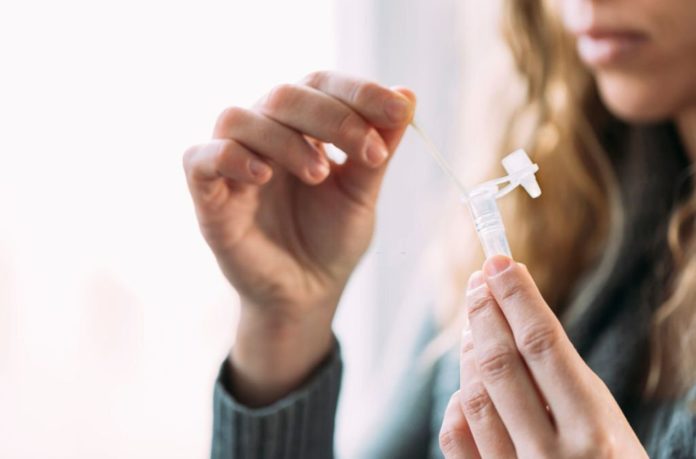Broccoli and cabbage are well-known cancer-fighting foods, but new research demonstrates that they can also prevent the development of coronavirus.
Leafy greens are nutritionally beneficial and may help halt the pandemic. The Johns Hopkins Children’s Center has accumulated persuasive evidence that a chemical present in broccoli and other cruciferous vegetables may offer a new and effective strategy to combat COVID-19 and the common cold.
Sulforaphane is the scientific name for a phytochemical, or chemical obtained from plants. Sulforaphane has been associated with cancer prevention in previous research. Now, new research shows that the compound may also stop SARS-CoV-2 from spreading (the virus responsible for COVID-19).
Despite the hopeful results of the study published in the journal Communications Biology, the study authors warn there’s no need to rush out and buy leafy greens. They emphasize that more research on the compound’s effect on humans, rather than mice, as in the current study, is required before scientists can determine whether the chemical is totally safe and effective.
Sulforaphane, a natural chemical found in green leaves, is abundant in broccoli, Brussels sprouts, kale, and cabbage. Scientists at Johns Hopkins University were the first to discover this chemical and identify its benefits decades ago.
In a press release, senior researcher and microbiologist Dr. Lori Jones-Brando, a pediatric specialist at Johns Hopkins University School of Medicine, said, “When the pandemic began, our multidisciplinary research teams stopped our research on particular viruses and other bacteria to focus on potentially treating what was then a new and challenging virus for us.”
“I tested a number of compounds for anti-corona activity and decided to try the sulforaphane because it showed modest activity against other microbial factors we’re investigating,” she explained.
Leafy greens even fight COVID-19 new variants
Natural sulforaphane can be extracted from a variety of foods, including broccoli seeds, sprouts, and diverse plants, as well as essences or sprouts for drinking, according to the researchers.
Researchers at Johns Hopkins have done more work that suggests sulforaphane may help prevent cancer and infections by stopping certain processes outside of cells. Purified and synthesized sulforaphane were utilized in each experiment in the new study.
In one study, cells were exposed to sulforaphane for a few hours before being infected with SARS-CoV-2 and corona HCoV-OC43, a virus that causes colds and can occasionally cause pneumonia or bronchiolitis. This method reduced virus multiplication by 50% in six different SARS-CoV-2 strains, including Delta and Omicron. Virus-infected cells show the same outcomes as cells that haven’t been infected.
Medicines coupled with food
The researchers also looked into the effects of combining sulforaphane with Remdesivir, an antiviral medicine licensed for COVID-19 treatment. This experiment halved viral replication. Sulforaphane and Remdesivir, according to scientists, combine synergistically in a number of combination ratios to reduce viral load by 50% in cells treated with tested viruses.
“Historically, we have learned that the combination of multiple compounds is an ideal strategy for treating viral infections. The fact that sulforaphane and Remdesivir work better in combination than alone is very encouraging.”
Antiviral component
More studies were performed on mice infected with the new coronavirus. This technique led to the discovery that administering 30 milligrams of sulforaphane per kilogram of body weight before infection with SARS-CoV-2 considerably reduced the weight loss observed in rodents(7.5%) infected with the virus. This sulforaphane pretreatment also resulted in a considerable reduction in the viral load of healthy rodents (down 17%), as well as a reduction in upper respiratory tract infections (decrease of 9%).
“What we have found is that sulforaphane targets the HCoV-OC43 and SARS-CoV-2 viruses while helping to control the immune response,” researchers added. “This versatile activity makes it an interesting compound for use against these viral infections as well as those that are caused by other human viruses.”
The research team wants to do more studies with people on sulforaphane. The drug could be used to prevent or treat COVID-19 and other viral infections in the near future.
Image Credit: Getty
You were reading: These Two Vegetables Can Even Inhibit New COVID Variants – Research
